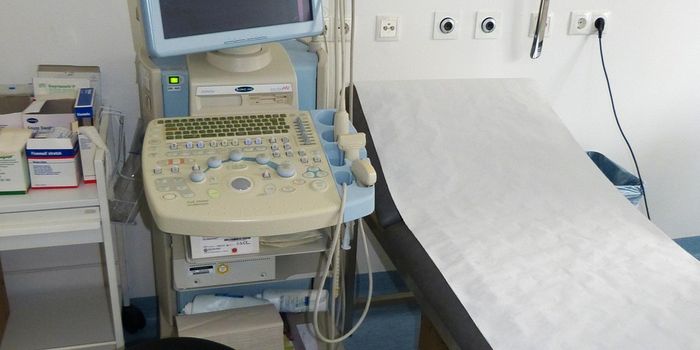Increasingly high prices for cancer drugs are affecting patient care in the U.S. and the American health care system overall, say the authors of a special article published online in the journal Mayo Clinic Proceedings.

"Americans with cancer pay 50 percent to 100 percent more for the same patented drug than patients in other countries," says S. Vincent Rajkumar, M.D., of Mayo Clinic Cancer Center, who is one of the authors. "As oncologists we have a moral obligation to advocate for affordable cancer drugs for our patients."
Dr. Rajkumar and his colleague, Hagop Kantarjian, M.D., of MD Anderson Cancer Center, say the average price of cancer drugs for about a year of therapy increased from $5,000 to $10,000 before 2000 to more than $100,000 by 2012. Over nearly the same period the average household income in the U.S. decreased by about 8 percent.
In the paper, the authors rebut the major arguments the pharmaceutical industry uses to justify the high price of cancer drugs, namely, the expense of conducting research and drug development, the comparative benefits to patients, that market forces will settle prices to reasonable levels, and that price controls on cancer drugs will stifle innovation.
"One of the facts that people do not realize is that cancer drugs for the most part are not operating under a free market economy," says Dr. Rajkumar. "The fact that there are five approved drugs to treat an incurable cancer does not mean there is competition. Typically, the standard of care is that each drug is used sequentially or in combination, so that each new drug represents a monopoly with exclusivity granted by patent protection for many years."
Drs. Rajkumar and Kantarjian say other reasons for the high cost of cancer drugs include legislation that prevents Medicare from being able to negotiate drug prices and a lack of value- based pricing, which ties the cost of a drug to its relative effectiveness compared to other drugs.
The authors recommend a set of potential solutions to help control and reduce the high cost of cancer drugs in the U.S. Some of their recommendations are already in practice in other developed countries. Their recommendations include:
Allow Medicare to negotiate drug prices.
Develop cancer treatment pathways/guidelines that incorporate the cost and benefit of cancer drugs.
Allow the Food and Drug Administration or physician panels to recommend target prices based on a drug's magnitude of benefit (value-based pricing).
Eliminate "pay-for-delay" strategies in which a pharmaceutical company with a brand name drug shares profits on that drug with a generic drug manufacturer for the remainder of a patent period, effectively eliminating a patent challenge and competition.
Allow the importation of drugs from abroad for personal use.
Allow the Patient-Centered Outcomes Research Institute and other cancer advocacy groups to consider cost in their recommendations.
Create patient-driven grassroots movements and organizations to advocate effectively for the interests of patients with cancer to balance advocacy efforts of pharmaceutical companies, insurance companies, pharmacy outlets and hospitals.
Source: Mayo Clinic









